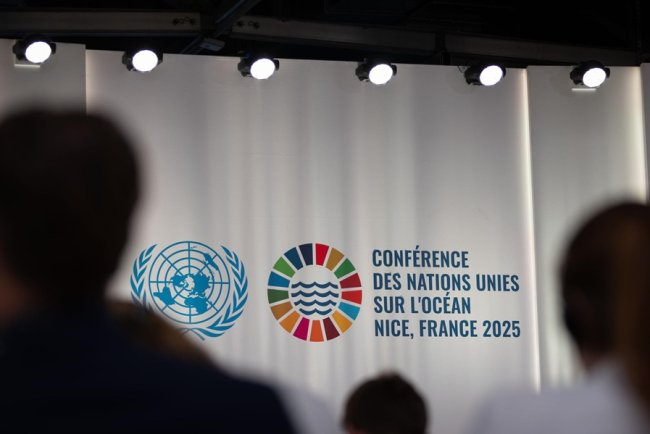Rockefeller Foundation Invests $500K In TNFD Initiative
Rockefeller Foundation invests $500K in TNFD to scale nature-related financial disclosures and risks.

Rockefeller Foundation Invests $500K in TNFD to Scale Nature-Related Disclosures
To better tackle the rapidly deteriorating biodiversity crisis and strengthen nature-related financial disclosures, The Rockefeller Foundation has made a grant of $500,000 to the Taskforce on Nature-related Financial Disclosures (TNFD). Announced at the World Economic Forum's 55th Annual Meeting in Davos, the investment underlines increasing pressure to embed natural capital considerations into corporate decision-making processes.
Funding supports the scaling of TNFD's global framework that aids corporations and financial institutions in discovering, reporting on, and managing nature-related dependencies, risks, and opportunities. Already over 500 corporations and financial institutions have joined from more than 50 jurisdictions, thus making TNFD a key influencer in altering the financial scenario to factor environmental degradation into a better way of accounting.
Speaking during the event was Maria Kozloski, Senior Vice President of Innovative Finance at The Rockefeller Foundation. Speaking on this matter, she commented, "Since nature-related risks and opportunities will impact most of the global economy, it's essential to address natural capital factors in decision making by the private and public sectors." This sentiment mirrors the prevailing view that these nature-related risks must be just as scrutinized as other old financial and operation risks.
The global context makes this initiative a pressing need. Biodiversity loss is now ranked as the third-largest global risk, with devastating consequences for economies and ecosystems alike. According to the United Nations, nearly one million species are at risk of extinction, while ecosystems have declined by an average of 47%. This environmental degradation poses a direct threat to industries relying on natural resources, such as agriculture, fisheries, and forestry, as well as sectors like insurance and finance, which are increasingly exposed to climate-related risks.
These disturbing trends notwithstanding, natural capital remains underrepresented in financial decision-making. Most companies continue to fail to take account of the economic value of ecosystems and biodiversity, which translates to inadequate investments in conservation and sustainable resource management. The TNFD framework fills this gap by offering standardized guidelines for assessing and disclosing nature-related risks and opportunities. This framework encourages companies to include nature-based considerations in their risk registers, balance sheets, and capital allocation strategies.
The investment by the Rockefeller Foundation is expected to promote TNFD's framework at a faster pace, hold organizations more liable toward creating more responsible corporate accountability, and foster nature-positive business practices. By aligning financial strategies in accordance with environmental sustainability, TNFD has aspired to drive investments in nature-based solutions, which may be key to minimizing climate change. Nature-based solutions may help deliver 37% of the climate change mitigation that will be required by 2030, say the experts.
Recognizing natural capital is an important aspect of financial decision-making is indeed a step toward the solution to the biodiversity crisis. However, challenges persist. The integration of nature-related disclosures requires robust data collection, standardized metrics, and a shift in corporate culture. Companies must break away from mere financial metrics as they assess broader environmental impacts for their operations.
More importantly, collaboration between the private and public sectors will be necessary to achieve success. Governments and regulatory bodies need to provide enabling environments for nature-related financial disclosures and promote investments in conservation and sustainable resource management. Strategic funding by the Rockefeller Foundation has set the right base, but sustained stakeholder engagement and support will be required to catalyze real change.
As the world grapples with the twin crises of climate change and biodiversity loss, initiatives like TNFD represent a beacon of hope. By fostering greater transparency and accountability, TNFD is empowering companies to make informed decisions that align with environmental sustainability. The Rockefeller Foundation's investment not only underscores the importance of this mission but also sets a precedent for other organizations to follow suit.
The way forward is clear: businesses, financial institutions, and governments must determine that natural capital has value and take proactive measures to guard and restore ecosystems. In the words of Maria Kozloski, "adding natural capital considerations to the decision-making process does not just make environmental sense, it makes economic sense.". With the help of such initiatives as TNFD and support from influential organizations, such as The Rockefeller Foundation, there is hope that the world can find its way into a more sustainable and nature-positive future.
What's Your Reaction?

















